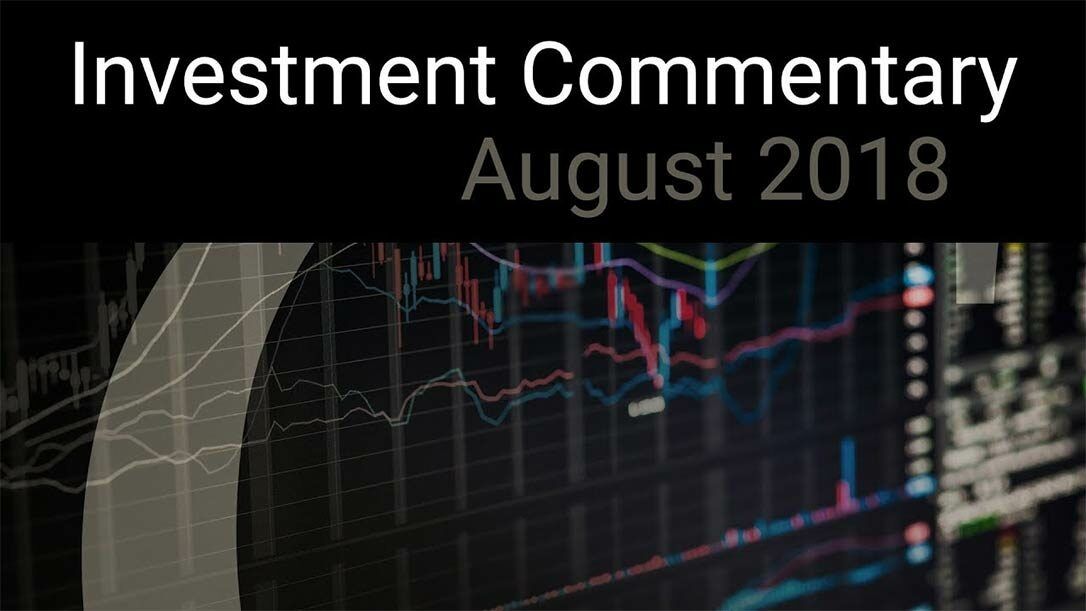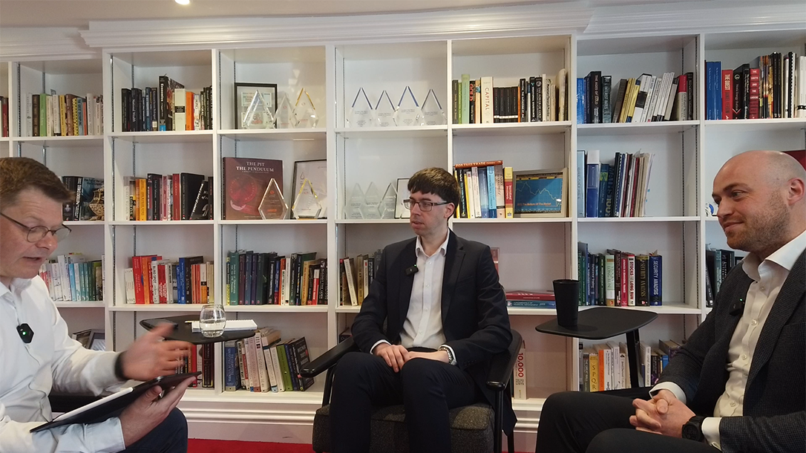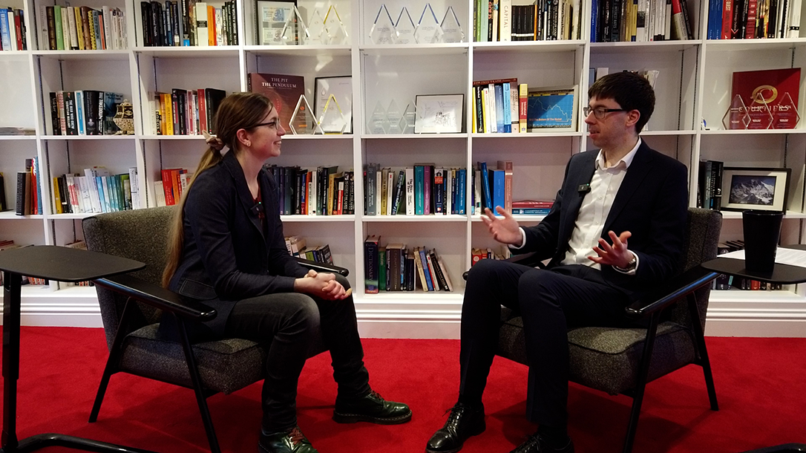There were two big-name departures in UK politics last month as Brexit secretary David Davis and Foreign Secretary Boris Johnson both resigned from Theresa May’s cabinet within a day of each other. Neither of them were happy with May’s Brexit strategy, which includes a common rulebook for all goods and no hard Irish border. Neither the UK stock market nor sterling were particularly spooked by the back-to-back departures, as the FTSE 100 gained +0.92% and sterling lost just -0.17% versus the dollar on the day of the announcements.
Facebook broke an unwanted record last week as it suffered the largest one-day loss in US stock market history. When the tech giant released its quarterly results on 26th July, the share price plummeted -18.96%, wiping $120.9 billion from the value of the company. This is the first time a US company has shed more than $100 billion in one day, and surpasses the $90.7 billion lost by Intel during the tech bubble burst in September 2000. The quarterly results included weaker-than-expected revenue and a disappointing number of global daily active users. Meanwhile, Apple is enjoying better fortunes as it has just become the first US company to exceed $1 trillion in value.
After months of speculation, yesterday the Bank of England increased the base interest rate to 0.75%, following a unanimous 9-0 decision from the monetary policy committee members. This comes nine months after the rate was increased to 0.50% from its all-time low of 0.25%.
July was a mostly positive month for equity markets. The FTSE 100 index gained +1.52%, but medium and smaller companies, measured by the FTSE 250 ex IT index and the FTSE Small Cap ex IT index, slipped -0.06% and -1.04% respectively. In the US, the S&P 500 index picked up +3.72%, while in Europe the Eurostoxx index earned +3.96%. The Topix index, which measures Japanese equities, increased +1.30%.
Emerging market returns were also mostly positive, as the MSCI Emerging Markets index rose +1.78%. Latin American equities, measured by the MSCI Latin America index, performed particularly well as they surged +6.03%, but Chinese equities continued to struggle as the MSCI China index declined -2.38%. In India, the IISL Nifty 50 PR index lifted +5.99%.
Fixed income returns were mixed. UK government bonds, measured by the FTSE Gilts All Stocks index, lost -0.35% and long dated (over 15 years to maturity) gilts dipped -0.60%. In the corporate market, European corporate bonds, measured by the Markit iBoxx Euro Corporates index, rose +0.28% while sterling denominated corporate bonds, measured by the Markit iBoxx Sterling Corporates index, returned +0.30%. In the high yield market, the Bank of America Merrill Lynch Euro High Yield index and the Bank of America Merrill Lynch Sterling High Yield index gathered +1.56% and +0.92% respectively.
In the commodities market, the S&P GSCI index, which consists of a basket of commodities including oil, metals and agricultural items, fell -3.53%. Oil suffered a turbulent month, as the price of a crude oil contract sank -7.27%. The precious metals also struggled, with the S&P GSCI Gold and Silver indices shedding -2.37% and -3.78% respectively. The agricultural markets meanwhile saw prices rising with the warm weather as corn and wheat gathered +4.11% and +10.47% respectively.
In the FX market, sterling lost ground against most major currencies. The US dollar and the euro both appreciated against the pound by +0.63% and +0.67% respectively.













